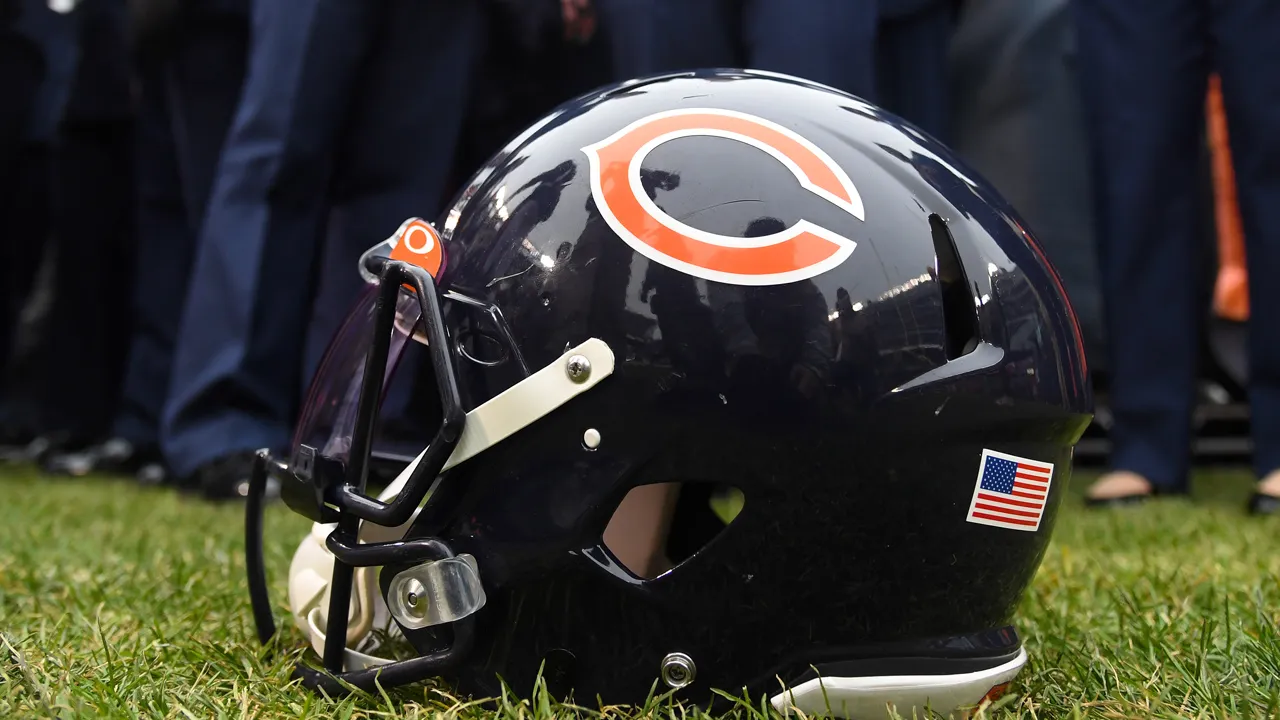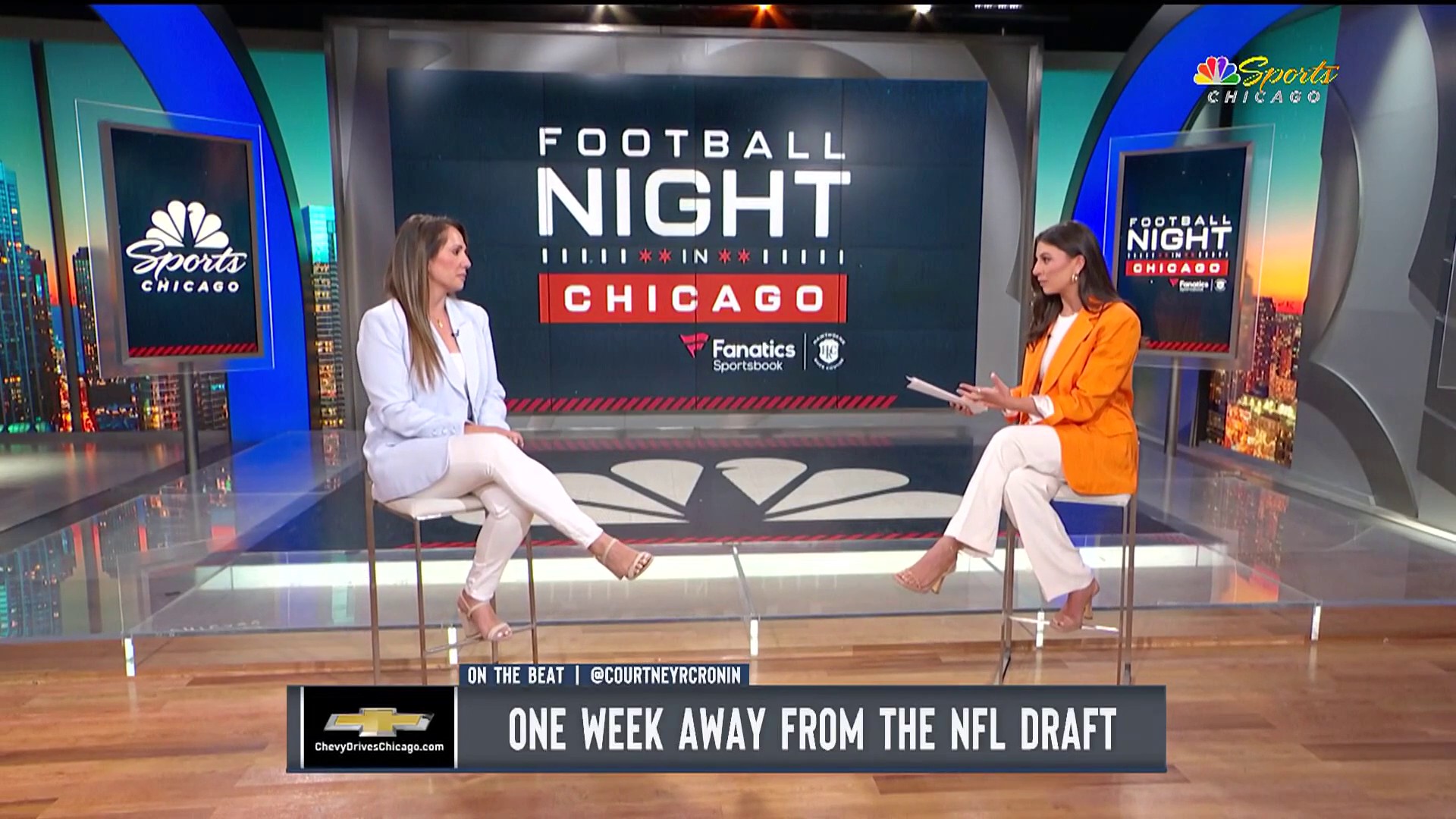Let’s play a game of hypotheticals. Let’s say the Bears are truly serious about moving the team from Chicago to the suburbs, and they didn’t simply make a bid on Arlington Park as a “negotiating tactic” as Mayor Lori Lightfoot accused. Let’s say Churchill Downs Inc., the current owner of Arlington Park, accepts the Bears bid and a contract is worked up. How much would be left to do before the Bears break ties with Soldier Field and move into their new home?
Turns out it’s a whole lot more than you may expect.
To start, the Bears would owe a large sum of money to the Chicago Park District for breaking their lease on Soldier Field early. Currently, the lease runs through the final game of the 2033 season, leaving 13 seasons left, unless the team and CPD mutually agree to end the agreement early. Based on Mayor Lightfoot’s comments last week, however, that seems unlikely.
Stay in the game with the latest updates on your beloved Chicago sports teams! Sign up here for our All Access Daily newsletter.
Assuming the city doesn’t release the Bears from the lease, any Bears move to another stadium would be deemed an “improper relocation,” per the terms of the lease. Then, per the lease, “CPD shall be entitled to collect from the Club, as liquidated damages, an amount equal to one-hundred fifty percent (150%) of the aggregate of all Financial obligations…”
CPD didn’t respond to a request for information regarding the total bill for all those “Financial obligations” but according to the team’s lease that includes Permit fees ($6.3 million annually, per Sports Illustrated), plus “any other fees, expenses, payments or monetary obligations” the team owes CPD. While we don’t know what those other fees and expenses may be, 150% of that $6.3 permit fee alone comes out to $9.45 million that the Bears would owe CPD for each year remaining on the lease— and they’d have to pay all that money within 30 days of leaving. So, if the Bears officially terminated their lease via Improper Relocation with 10 years remaining that would be at least $94.5 million due to CPD.
Of course, just because Churchill Downs accepts the Bears bid in our hypothetical scenario, it doesn’t mean they’re going to get to work on building a new stadium right away. In fact, it doesn’t even mean the Bears and Churchill Downs will agree on a contract at all.
Amy Dash, Audacy Legal Insider, covers prominent sports law stories from across the country and she likened a potential deal between the Bears and Churchill Downs to a typical real estate deal any prospective home buyer and seller might go through.
NFL
“They’ll go into negotiating other things beyond the purchase price,” Dash said. “They’ll go into the contract of, are there certain things that need to be repaired? Are there extras that the Bears would need to pay for, above the purchase price? Do they want certain things left there that they’re going to pay for?
“There would be an inspection and a survey, just like when purchasing a home. Certain things might have to be fixed, and so maybe they would deduct that from the purchase price.”
At every turn, there’s an opportunity to negotiate and potentially back out of a deal before signing a contract.
Spinning our hypothetical scenario forward, past a signed contract, the Chicago Bears still wouldn’t be out of the woods yet, especially if they want to remain the “Chicago” Bears.
“I think the main legal issue is actually pretty significant here,” Dash said in an interview with 670TheScore on Monday. “Because we saw the mayor in her statement referenced keeping the name in the team, and keeping the team in the city.
“In the 90s I remember the Los Angeles Angels baseball team, they were going to locate to Anaheim, CA and they were going to call themselves the Los Angeles Angels of Anaheim. Anaheim actually sued and they asked for a preliminary injunction claiming harm to the local pride that they were basically being called second-class citizens to Los Angeles.
“Anaheim lost, but then what happened, and what you could see happen here, is that the local assemblyman went in and introduced a bill to make it illegal to use the name for commercial use, unless you’re actually located in that geographic region, and if you’re not located in the geographic region you have to get it approved by the city officials. So introducing that legislation actually overrode the lawsuit.
“So, you could see here where the city of Chicago may say, ‘Hey, you can’t use the name anymore if you’re going to abandon us.' They could use that threat of a lawsuit, or a threat of introducing legislation to make it illegal to commercially profit off of the name, if they’re not there.”
Of course, there are plenty of questions about where the money will come from to make a deal like this work as well.
First, the team would need the funds to buy the land, easily totaling hundreds of millions of dollars. Then they’d need the money to build a new stadium, which will likely cost well over a billion dollars. For context, Allegiant Stadium, the new home of the Raiders which opened last season, cost $1.9 billion. In Los Angeles, SoFi Stadium, which also opened last season, cost a whopping $5-6 billion, according to various estimates.
When the Bears renovated Soldier Field in 2003, it cost a paltry $660 million in comparison. Yet the team only kicked in $200 million for that project, according to contemporary coverage from the Chicago Tribune. The other $400+ million needed to be covered by bonds backed by hotel tax dollars. If the team needs public money to pay for two-thirds of the new stadium construction again, they need to figure out where that money will come from this time around, because it is safe to say the city of Chicago will not be helping out.
So, no matter what happens in the coming weeks as Churchill Downs sorts through the bids they received for Arlington Park, there’s still a long way to go before the Bears may have a new home.
Click here to subscribe to the Under Center Podcast for free.


